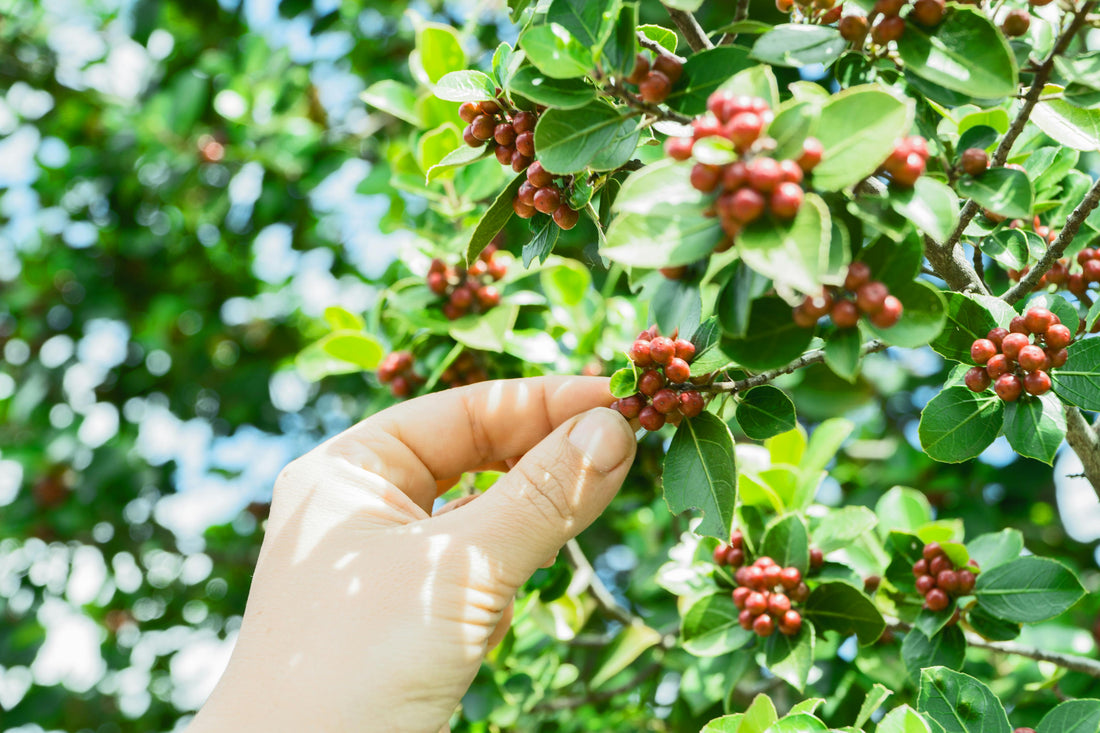
Certifications vs. Nature: Why Haiti, Ethiopia, and Kenya Coffee Thrive Without Labels
Share
Introduction: The Truth Behind Your Coffee’s Purity
At United Beans Coffee Roastery, we’re passionate about sourcing single-origin specialty coffee that’s as pure as it is flavorful. From the rugged mountains of Haiti to the high-altitude regions of Ethiopia and Kenya, our coffees tell a story of tradition, sustainability, and exceptional quality. But you might notice that some of our best offerings—like our Haiti Blue Pine, Ethiopia Yirgacheffe, Ethiopia Harrar, and Kenya AA—don’t carry organic certifications. Why is that? In this article, we’ll explore why regions like Haiti, Ethiopia, and Kenya produce naturally organic coffee without the need for formal certifications, the high cost of organic certification for small farmers, and how other regions like Colombia and Brazil rely on certifications to ensure sustainable practices.
Haiti, Ethiopia, and Kenya: A Trio of Natural Purity
Haiti, Ethiopia, and Kenya are renowned for their naturally organic coffee production, thanks to traditional farming practices and limited access to synthetic inputs. In Haiti, smallholder farmers often lack the resources to purchase pesticides, relying instead on organic methods like composting and shade-grown techniques. According to a 2021 article from Fairtrade, many coffee farmers in climate-vulnerable countries like Haiti grow coffee without synthetic inputs due to economic constraints, making their coffee naturally organic.
In Ethiopia, the birthplace of coffee, pesticide use is heavily restricted, and most coffee is grown by smallholders using traditional methods. A 2024 review on organic coffee production in Ethiopia notes that farmers rely on organic fertilizers and manual pest control, with regions like Yirgacheffe and Harrar producing coffee under shade canopies that support biodiversity (Science Alert). Our Ethiopia Yirgacheffe, with its floral and citrus notes, and Ethiopia Harrar Dark Roast, with its wild fruit complexity, smoky depth, and bold finish, reflect this natural purity.
Kenya also prohibits pesticide use in coffee farming, as highlighted in a 2020 article by Solidaridad Network. Farmers in regions like Kiambu use traditional methods such as intercropping and organic composting to maintain soil health. Our Kenya AA Medium Roast, with its bright acidity, fruit and berry notes, and full-bodied finish, showcases the quality of Kenyan coffee grown without synthetic chemicals.
The High Cost of Organic Certification for Small Farmers
While organic certification can help farmers access premium markets, the process is often prohibitively expensive for small farmers in regions like Haiti, Ethiopia, and Kenya. According to Solidaridad Network, the cost of organic certification in Kenya ranges from 1,600 to 3,000 Euros, depending on farm size and the certifying agent. This includes application fees, annual inspections, and audits, plus a mandatory three-year conversion period during which farmers cannot sell their coffee as certified organic, delaying any financial benefits.
In Ethiopia, a 2017 study found that even with significant price premiums at the export level, only a third of this premium reaches farmers due to high certification costs and overheads. The study estimates that even with perfect transmission, the additional income for a small farmer would be just $22 per year, underscoring the limited financial incentive for certification (Thomson Reuters Foundation). In Haiti, the lack of infrastructure and support systems further complicates the certification process, as noted in a 2024 article on organic coffee in Africa (Tea & Coffee Trade Journal).
The Role of Certifications in Brazil, Colombia, and Beyond
In contrast, regions like Brazil and Colombia benefit from certifications due to larger-scale farming and higher pesticide use. A 2023 article on regenerative agriculture notes that only 0.2% of Brazil’s coffee production is certified organic, largely because the cost of certification and lower yields make it economically unfeasible for many farmers (Union Roasted). However, internal certifications by cooperatives in these regions help ensure sustainable practices. For example, our Colombia Huila Medium Roast, with its toasted almond, cherry, and rich body, comes from farms in Huila that adhere to strict environmental standards through internal certifications.
A 2018 study on coffee certifications in Tanzania, a comparable region, found that certifications like Fairtrade and Organic provide access to export markets but are often constrained by high costs and limited price advantages for farmers (MDPI). This highlights the importance of certifications in regions where industrial farming practices are more prevalent, ensuring sustainability and transparency for consumers.
Why United Beans Prioritizes Purity Over Labels
At United Beans Coffee Roastery, our mission is to bring you the purest, most flavorful coffee possible—whether it’s certified or not. We believe that the best coffee comes from regions where farmers work in harmony with nature, whether that’s through indigenous practices in Haiti, Ethiopia, and Kenya, or certified sustainability in Colombia and Brazil. Our Haiti Blue Pine, with its floral and naturally sweet profile, our Ethiopia Yirgacheffe, with its delicate floral and citrus notes, our Ethiopia Harrar, with its wild fruit and smoky boldness, and our Kenya AA, with its bright acidity and full-bodied finish, are testaments to the natural purity of their origins.
Meanwhile, our Colombia Huila offering showcase the value of internal certifications in regions that need them. When you choose United Beans, you’re supporting farmers who prioritize quality and sustainability, from the mountains of Haiti to the highlands of Ethiopia and Kenya.
Conclusion: Taste the Natural Difference with United Beans
The next time you enjoy a cup of our Haiti Blue Pine, Ethiopia Yirgacheffe, Ethiopia Harrar, or Kenya AA, know that you’re sipping on coffee that’s organic by nature, grown with care in regions where tradition trumps the need for certifications. At United Beans, we’re committed to sourcing the best single-origin specialty coffee, so you can enjoy a cup that’s as pure as it is delicious. Ready to taste the natural difference? Explore our collection today and discover the organic truth behind your favorite brew.

